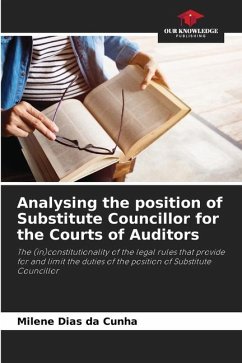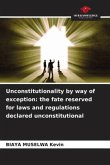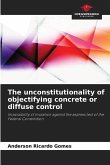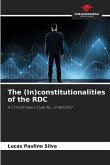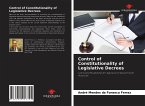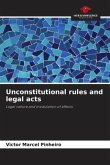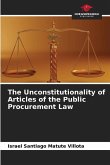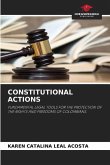The position of Substitute Councillor was given constitutional status by the Federal Constitution of 1988, which establishes judicial attributions for the position in Article 73, Paragraph 4. Twenty-six years on from the Federal Charter, there is a lack of uniformity in the treatment of this constitutional position. In many Courts of Auditors, this position only fulfils the function of an expert or typical activities of the auxiliary body. Furthermore, even when they exercise judicial powers, i.e. when they preside over procedural investigations, reporting on the cases distributed with a proposed decision to be submitted to the collegiate body, some Courts do not promote fair and impartial distribution to them. Thus, it can be seen that the limitation of the judicial attributions of the position, by means of rules that assign the issuing of opinions or the exercise of the function of head of the auxiliary body, sometimes confuses the attributions of the position with the accounting sense, sometimes has a political motivation and, therefore, must be recognised as unconstitutional because it does not express the will of the constituent. Similarly, the same defect must be recognised in the rules that deal with the distribution of proceedings using criteria that contravene the principle of a natural judge.

